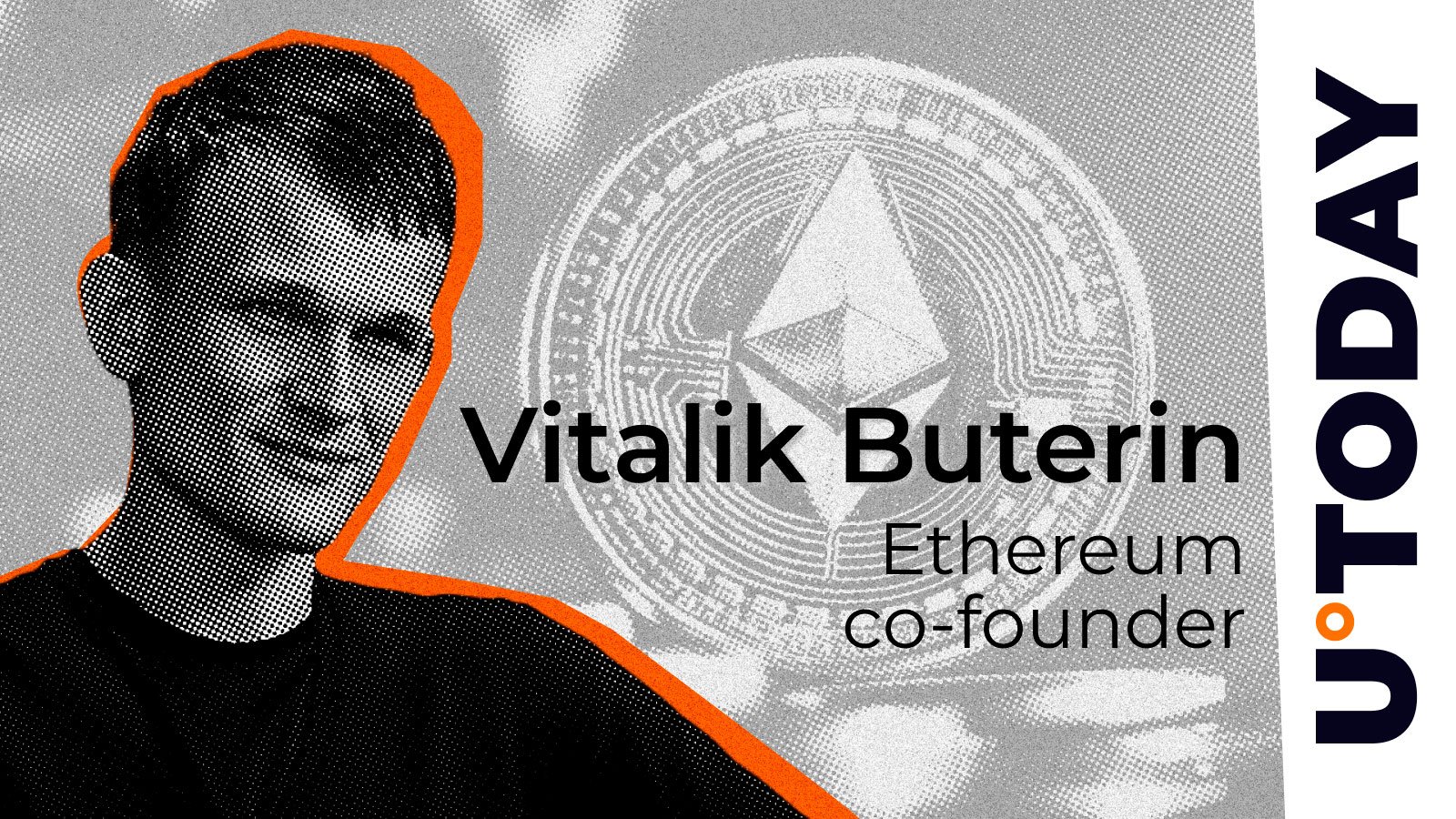Exploring the Stability and Usefulness of Open Source Concepts: A Discussion with Ethereum’s Founder
In a recent blog post, Ethereum’s founder, Vitalik Buterin, delved into the intricacies of open source technical and social concepts. He argued that while the term “public good” might be subject to debate and ambiguity, open source ideas are clear, stable, and beneficial for citizens.
The Open Source Revolution
Open source is a design philosophy that promotes collaboration, transparency, and community-driven innovation. It has revolutionized various industries, from software development to scientific research. By making the source code of a project freely available to the public, developers can build upon each other’s work, improve it, and create new applications.
Stable and Useful for Citizens
Buterin emphasized the importance of open source concepts in today’s society. He pointed out that open source projects are more resilient to “social games” – attempts to manipulate public opinion or exploit vulnerabilities for personal gain. The open and collaborative nature of these projects makes it harder for bad actors to succeed.
Benefits for Individuals
For individuals, open source projects offer numerous advantages. They allow users to customize software to their needs, learn new skills, and contribute to a larger community. Additionally, open source projects often have larger user bases, which means that bugs are more likely to be identified and fixed quickly.
Benefits for Society
At a societal level, open source concepts foster innovation, competition, and collaboration. They enable a more democratic and inclusive approach to problem-solving, where anyone can contribute their ideas and expertise. Furthermore, open source projects can lead to significant cost savings, as individuals and organizations no longer need to rely on proprietary software or services.
Looking Ahead: The Future of Open Source
The future of open source looks bright, with more and more organizations embracing this philosophy. However, challenges remain, such as ensuring adequate funding for open source projects and addressing issues related to intellectual property rights. Buterin encourages continued dialogue and collaboration among stakeholders to address these challenges and ensure that open source remains a powerful force for positive change.
Personal Impact
As a citizen, you can contribute to the open source community in various ways. You can volunteer your time to develop or test open source projects, report bugs, or provide financial support through donations or sponsorships. By engaging with the open source ecosystem, you can learn new skills, meet like-minded individuals, and help shape the future of technology.
Global Impact
The global impact of open source concepts is vast and far-reaching. Open source projects have led to the creation of innovative technologies, such as the Linux operating system, the Apache web server, and the Python programming language. They have also been instrumental in driving scientific research, from genetics to climate modeling. By fostering a culture of collaboration and innovation, open source has the potential to transform industries, economies, and even entire societies.
In conclusion, open source concepts are a powerful force for positive change in our world. They offer numerous benefits for individuals and society, from fostering innovation and collaboration to promoting cost savings and democratic problem-solving. By continuing to support and engage with the open source ecosystem, we can help ensure that it remains a driving force for progress and a beacon of transparency and collaboration in an increasingly complex world.
- Open source concepts promote collaboration, transparency, and community-driven innovation.
- They are more resilient to “social games” and exploitation.
- Open source projects offer numerous advantages for individuals, including customization, learning opportunities, and a larger user base.
- At a societal level, open source fosters innovation, competition, and collaboration, leading to significant cost savings and transformative technologies.
- To contribute to the open source community, individuals can volunteer their time, report bugs, or provide financial support.





